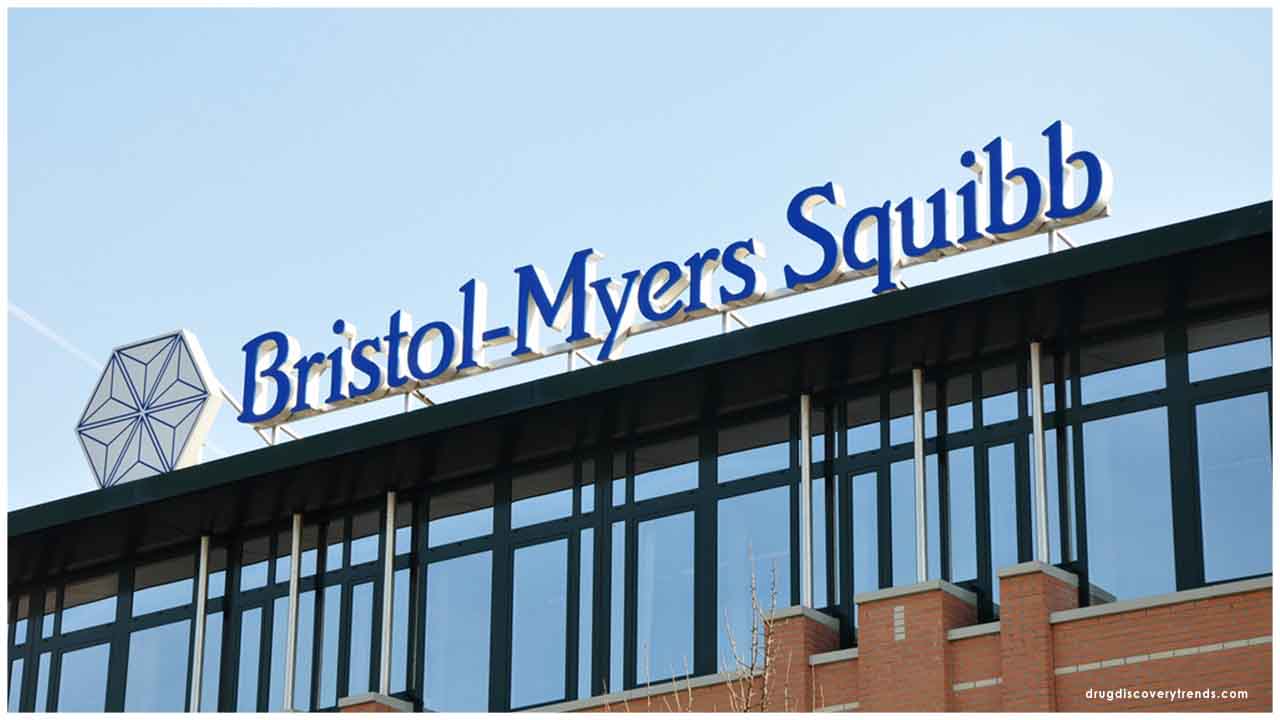Bristol Myers Squibb today announced that Opdivo (nivolumab) 360 mg every three weeks plus Yervoy (ipilimumab) 1 mg/kg every six weeks (injections for intravenous use) was approved by the U.S. Food and Drug Administration (FDA) for the first-line treatment of adult patients with unresectable malignant pleural mesothelioma (MPM).
This approval is based on a pre-specified interim analysis from the Phase 3 CheckMate -743 trial in which Opdivo + Yervoy (n=303) demonstrated superior overall survival (OS) versus the platinum-based standard of care chemotherapy (n=302) (Hazard Ratio [HR]: 0.74 [95% Confidence Interval [CI]: 0.61 to 0.89]; P=0.002), with a median OS (MOS) of 18.1 months (95% CI: 16.8 to 21.5) versus 14.1 months (95% CI: 12.5 to 16.2), respectively.1 These results were observed after 22.1 months of minimum follow-up.3 At two years, 41% of patients treated with Opdivo + Yervoy were alive and 27% with chemotherapy.1,3
“Malignant pleural mesothelioma is rare cancer with limited treatment options. When it is diagnosed in advanced stages, the five-year survival rate is approximately 10 percent,” said study investigator Anne S. Tsao, M.D., professor and Section Chief Thoracic Medical Oncology and Director of the Mesothelioma Program at The University of Texas M.D. Anderson Cancer Center.2,4 “The survival results from the CheckMate -743 trial show that the combination of nivolumab and ipilimumab could become a new front-line standard of care option. This is exciting news, instilling hope for patients with this devastating disease and for the healthcare providers who care for them.”1,3
Opdivo and Yervoy are associated with Warnings and Precautions including immune-mediated: pneumonitis, colitis, hepatitis, endocrinopathies, nephritis and renal dysfunction, skin adverse reactions, encephalitis, other adverse reactions; infusion reactions; complications of stem-cell transplant that uses donor stem cells (allogeneic); embryo-fetal toxicity; and increased mortality in patients with multiple myeloma when Opdivo is added to a thalidomide analogue and dexamethasone, which is not recommended outside of controlled clinical trials.1Yervoy is associated with the following Warnings and Precautions: severe and fatal immune-mediated adverse reactions, infusion-related reactions, complications of allogeneic hematopoietic stem cell transplant after Yervoy, embryo-fetal toxicity and risks associated when administered in combination with Opdivo.5 Please see the Important Safety Information section below.
This is the third indication for an Opdivo + Yervoy-based combination in the first-line treatment of a form of thoracic cancer.1Opdivo + Yervoy is approved by the FDA as a first-line treatment for patients with metastatic non-small cell lung cancer (NSCLC) whose tumors express PD-L1≥1% as determined by an FDA-approved test, and without EGFR or ALK genomic tumor aberrations.1 It is also approved in combination with limited chemotherapy for the first-line treatment of adult patients with metastatic or recurrent NSCLC with no EGFR or ALK genomic tumor aberrations regardless of PD-L1 expression.1
“Thoracic cancers can be complex and difficult to treat, and we are focused on developing immunotherapy options that may have the potential to extend patients’ lives,” said Adam Lenkowsky, general manager and head, U.S., Oncology, Immunology, Cardiovascular, Bristol Myers Squibb.2,6 “Just a few months ago, Opdivo + Yervoy-based combinations received two first-line indications for certain patients with non-small cell lung cancer. Now, Opdivo + Yervoy is approved for use in another type of thoracic cancer, previously untreated unresectable MPM. With today’s announcement, Opdivo + Yervoy becomes the first new systemic therapy approved in more than 15 years in this setting, and may offer these patients a chance for a longer life.” 1
Opdivo + Yervoy is a unique combination of two immune checkpoint inhibitors that features a potentially synergistic mechanism of action, targeting two different checkpoints (PD-1 and CTLA-4) to help destroy tumor cells: Yervoy helps activate and proliferate T cells, while Opdivo helps existing T cells discover the tumor.1,7 Some of the T cells stimulated by Yervoy can become memory T cells, which may allow for a long-term immune response.7,8,9,10,11,12 Targeting of normal cells can also occur and result in immune-mediated adverse reactions, which can be severe and potentially fatal.1 Please see the Important Safety Information section below.
This approval was granted less than six weeks following the submission of a new supplemental Biologics License Application (sBLA), which was reviewed under the FDA’s Real-Time Oncology Review (RTOR) pilot program. The RTOR program aims to ensure that safe and effective treatments are available to patients as early as possible.13 The review was also conducted under the FDA’s Project Orbis initiative, enabling concurrent review by the health authorities in Australia, Brazil, Canada and Switzerland.

 Opdivo + Yervoy is the first new systemic therapy in over 15 years to be approved by the FDA
Opdivo + Yervoy is the first new systemic therapy in over 15 years to be approved by the FDA 























.jpeg)









